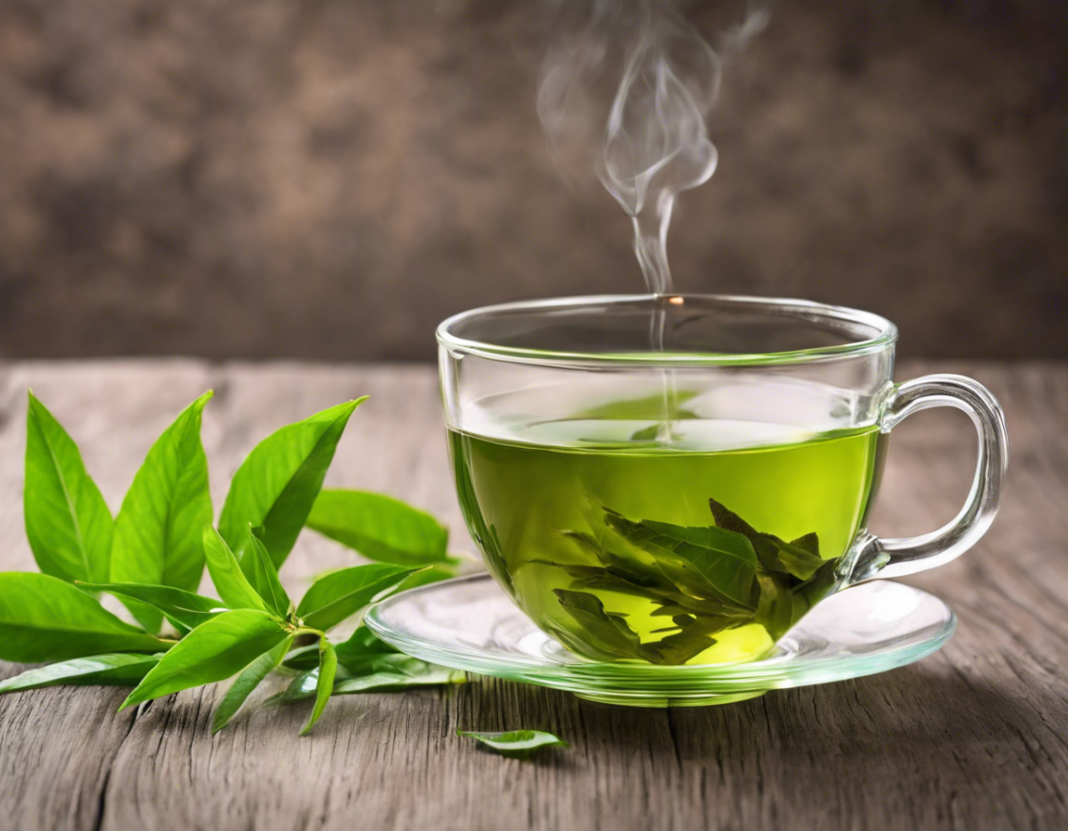Green tea has been enjoyed for centuries not only for its refreshing taste but also for its numerous health benefits. This powerhouse beverage is rich in antioxidants and nutrients that have a profound impact on the body, from boosting metabolism to enhancing brain function. In this comprehensive guide, we will delve into the healing powers of green tea and uncover the many ways in which this natural elixir can improve your overall well-being.
The Origins of Green Tea
Green tea traces its origins back to ancient China, where it was first used for its medicinal properties before evolving into a popular beverage. Made from the leaves of the Camellia sinensis plant, green tea undergoes minimal processing, preserving its potent antioxidants and nutrients. The leaves are typically steamed or pan-fired to prevent oxidation, which sets green tea apart from black and oolong teas.
The Power of Antioxidants
One of the key benefits of green tea lies in its high concentration of antioxidants, particularly catechins. Epigallocatechin gallate (EGCG) is the most abundant and potent catechin found in green tea, known for its powerful anti-inflammatory and antioxidant properties. These antioxidants help neutralize free radicals in the body, which can damage cells and contribute to various chronic diseases.
Health Benefits of Green Tea
1. Weight management: Green tea is often hailed for its ability to boost metabolism and aid in weight loss. Catechins in green tea promote the oxidation of fat and increase energy expenditure, making it a valuable tool for those looking to shed pounds.
2. Heart Health: Studies have shown that green tea can improve several risk factors for heart disease, including lowering LDL cholesterol levels and triglycerides. The catechins in green tea also have protective effects on the cardiovascular system.
3. Brain Function: The combination of caffeine and L-theanine in green tea can have synergistic effects on brain function. Green tea promotes alertness, focus, and cognitive function without the jittery side effects often associated with coffee.
4. Cancer Prevention: While more research is needed, some studies suggest that the antioxidants in green tea may help reduce the risk of certain types of cancer. EGCG has been shown to inhibit the growth of cancer cells and induce apoptosis, or cell death, in cancerous cells.
5. Anti-inflammatory Properties: Green tea has been found to have anti-inflammatory effects, which can help alleviate symptoms of inflammatory conditions such as arthritis and promote overall immune system health.
How to Brew the Perfect Cup of Green Tea
To fully enjoy the benefits of green tea, it is essential to brew it correctly. Here are some tips for brewing the perfect cup:
-
Choose high-quality loose-leaf green tea: Opt for organic varieties to avoid pesticides and chemicals.
-
Use the right water temperature: Green tea should be brewed with water between 160-180°F (70-80°C) to avoid bitterness.
-
Steep for the right duration: For most green teas, steeping for 2-3 minutes is sufficient to extract the flavors and nutrients.
-
Avoid over-steeping: Leaving green tea to steep for too long can result in a bitter taste, so be mindful of the brewing time.
Frequently Asked Questions (FAQs) about Green Tea
1. Is it better to drink green tea hot or cold?
Answer: Both hot and cold green tea offer health benefits. Hot green tea is soothing and ideal for cooler weather, while cold green tea can be refreshing and hydrating.
2. Can I drink green tea on an empty stomach?
Answer: While green tea is generally safe to consume on an empty stomach, some people may experience stomach upset. It is best to consume green tea with food if you are prone to digestive issues.
3. How many cups of green tea should I drink a day?
Answer: It is generally recommended to consume 2-3 cups of green tea per day to enjoy its health benefits without excessive caffeine intake.
4. Are there any side effects of drinking green tea?
Answer: Green tea is safe for most people when consumed in moderate amounts. However, excessive green tea consumption can lead to caffeine-related side effects such as insomnia and irritability.
5. Can green tea help with decaffeinated weight loss?
Answer: Green tea can aid in weight loss due to its metabolism-boosting properties, whether decaffeinated or not. The catechins in green tea are the key compounds responsible for this effect.
In conclusion, green tea is not just a delightful and refreshing beverage but a powerhouse of nutrition and healing properties. By incorporating green tea into your daily routine, you can reap a multitude of health benefits and support your overall well-being. So go ahead, brew yourself a cup of green tea and savor all that this natural elixir has to offer.


